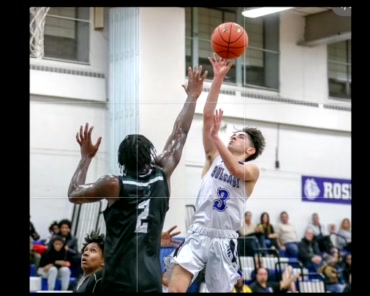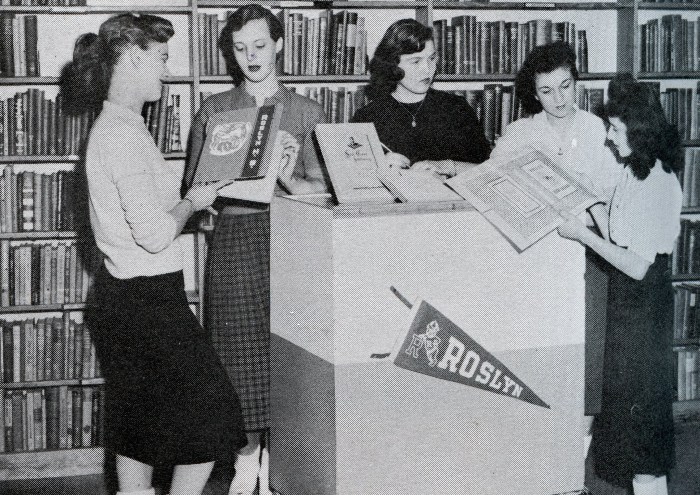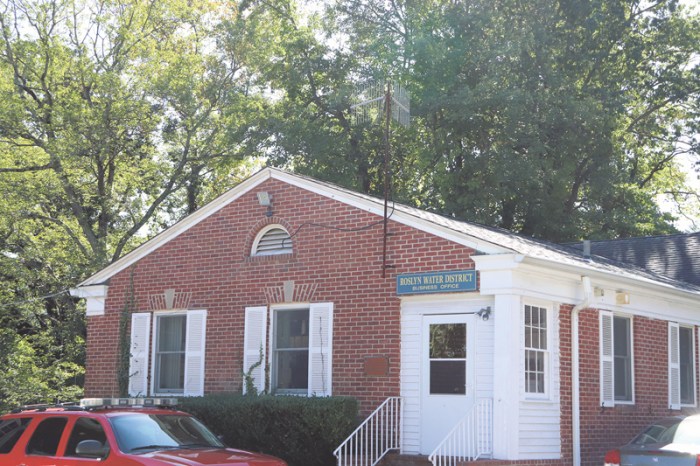Like other children of the baby boomer generation, I found myself in an academic predicament when it was time to apply for college: I had no money and my parents did not have a surprise surplus of cash for my higher education.
But luckily, our benevolent federal government swooped in and magnanimously bestowed upon me a bounty of loans that enabled me to get into school, get my degree and eventually score a career in journalism, my purposefully chosen profession.
That is where my story—and the story for millions of young Americans—takes a dark turn. For the uninitiated, when one accepts a federal loan there is the understanding that when you graduate and obtain gainful employment, you are immediately tasked with paying back the government’s charitable offerings. Depending on the school, the degree and the interest accrued, this can range anywhere from a paltry $25,000 to a six-digit, world-ending monstrosity.
And as you move up in your profession and your salary increases, your payments increase as well. This might sound logical, but when tracking down payment, the federal government only takes into account your adjusted gross income. Trivialities like rent, multitudes of bills, food, unseen hardships and the local cost of living do not factor into how much they demand you pay per month. And if you cannot pay, no problem. The loan collector will simply flag you as delinquent, damaging your credit score and jeopardizing your chances of owning a house or reaching a modest level of living comfort—which was the point of going to college in the first place.
Oh and if the government wants to take the harsh approach, it can garnish your salary and seize your tax return without a court order to obtain a measure of payment. Now that is power.
So as young people begin to gear up for college, I have one simple piece of advice: Be wary of the government’s eagerness to thrust its charity upon you because when that wallet snaps shut, you will likely lose more than a few fingers.
—Steve Mosco





























